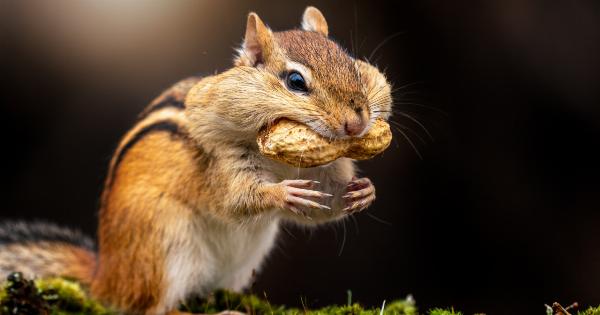Energy drinks have become increasingly popular over the last decade, and are often consumed by young children. These drinks are marketed as providing an energy boost and increased focus, but there are concerns about their safety for children.
In this article, we will explore the risks associated with energy drinks for young children and whether they should be allowed to consume them.
What are Energy Drinks?
Energy drinks are beverages that contain high amounts of caffeine, taurine, and other stimulants. They are marketed for their ability to provide an energy boost and increased focus.
Many of these drinks also contain high amounts of sugar and calories, which can contribute to obesity and other health problems.
What are the Risks Associated with Energy Drinks for Young Children?
The risks associated with energy drinks for young children are significant.
These drinks can cause a range of health problems, including:
- Insomnia and disrupted sleep patterns
- Anxiety and panic attacks
- Heart palpitations and increased heart rate
- Dizziness and headaches
- Dehydration
- Increased risk of developing diabetes
- Obesity and other health problems related to excessive sugar intake
- Developmental problems in children and teenagers
In addition to the health risks, there are also concerns about the safety of energy drinks for young children. Because these drinks contain high amounts of caffeine and other stimulants, there is a risk of overdose. In severe cases, this can lead to seizures, coma, and even death.
What do the Experts Say About Energy Drinks for Young Children?
The American Academy of Pediatrics has recommended that children under the age of 18 should not consume energy drinks. The Academy cites the high levels of caffeine, sugar, and other stimulants as reasons for concern.
The organization also notes that there is a lack of research on the long-term effects of consuming energy drinks, particularly in young children.
Other health organizations have also voiced concerns about energy drinks for young children. The World Health Organization has issued warnings about the risks associated with energy drinks and has called for more regulation of the industry.
The European Food Safety Authority has also recommended that energy drinks be labeled with warnings regarding their high caffeine content.
Alternatives to Energy Drinks for Young Children
If you are concerned about the safety of energy drinks for your child, there are alternative drinks that can provide a healthy energy boost.
These include:
- Water
- Fruit juice
- Smoothies
- Milk
- Tea (decaffeinated or low caffeine)
In addition to these drinks, there are also other ways to boost your child’s energy levels. Encouraging physical activity, providing a balanced diet and ensuring they get enough sleep each night can all help with energy levels throughout the day.
Conclusion
While energy drinks may seem like an easy solution for increased energy and focus, the risks associated with their consumption for young children cannot be overlooked.
With a range of health problems associated with the drinks, it is important for parents to explore alternative options. Encouraging healthy habits and providing alternative drinks can help improve energy levels without the risks associated with energy drinks.



























